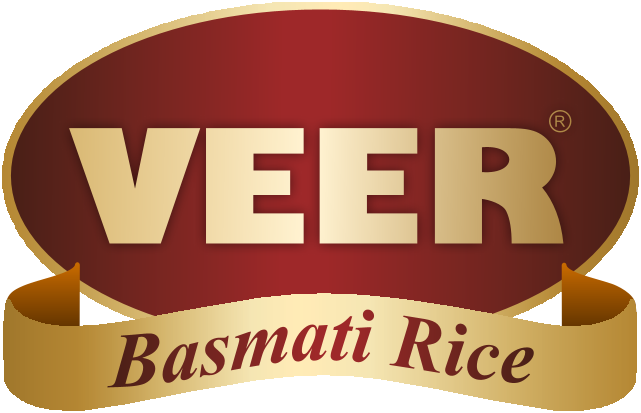Raw rice consumption is a practice observed across various cultures, sometimes out of curiosity, tradition, or even specific cravings. But is eating raw rice actually beneficial to your health? Or could it be potentially harmful?
In this blog, we dive deep into the health benefits, risks, scientific facts, and expert insights on eating raw rice. Whether you’re dealing with cravings or simply curious, this guide will help you make an informed choice.
What is Raw Rice?
Raw rice refers to uncooked grains of rice, typically consumed without any boiling, steaming, or fermentation. It includes varieties like white rice, basmati, jasmine, or even brown rice in their rawest form.
While some people eat it occasionally as a snack or under a compulsion, others might have cravings due to medical reasons like pica disorder, a condition that causes people to eat non-nutritive items.
Nutritional Composition of Raw Rice
| Nutrient | Per 100g (approx.) |
|---|---|
| Carbohydrates | 80g |
| Protein | 7g |
| Fat | 0.6g |
| Fiber | 1.3g |
| Iron | 1.5mg |
| Magnesium | 23mg |
Note: These values are from USDA food database. Cooking may affect nutrient availability.
Health Benefits of Eating Raw Rice
While raw rice is not recommended for regular consumption, some anecdotal benefits and minor nutrient intakes may exist in small quantities.
1. Energy Source
Raw rice is high in carbohydrates, providing a quick burst of energy. This can be helpful in situations where instant fuel is needed, though the digestibility is lower in raw form.
2. Trace Mineral Intake
Some raw rice types contain iron, zinc, and magnesium—though not in highly bioavailable forms.
3. Oral Satisfaction & Stress Relief
Some people find chewing raw rice calming or stress-relieving, similar to chewing gum, due to the crunchy texture.
4. Cultural Practices
In some traditions and fasting rituals, raw rice is used symbolically or even consumed in small amounts.
Potential Health Risks of Eating Raw Rice
Despite minor perceived benefits, eating raw rice can pose serious health risks:
1. Digestive Problems
Raw rice contains resistant starch that’s difficult to digest and can lead to bloating, gas, and constipation.
2. Bacillus Cereus Infection
Uncooked rice may harbor spores of Bacillus cereus, a bacteria that can cause food poisoning, leading to vomiting and diarrhea.
3. Pica Disorder
Consuming raw rice can be a sign of Pica, often linked to iron deficiency, pregnancy, or mental health issues.
4. Damage to Teeth
Raw rice is extremely hard and can damage tooth enamel or cause dental cracks with prolonged chewing.
5. Anti-Nutrients
Raw rice contains phytic acid which binds with minerals like iron and zinc, potentially interfering with nutrient absorption.
What Experts Say
According to nutritionists and food safety organizations like the CDC and WHO, eating raw rice should be avoided due to food safety and digestion concerns. While small accidental ingestion is generally not harmful, habitual consumption may require medical evaluation, especially if linked to pica.
Safe Alternatives to Eating Raw Rice
To satisfy cravings or derive similar benefits, consider:
-
Soaked Rice (Pakhala/Poha) – Easy on digestion.
-
Puffed Rice (Murmura) – Light and crunchy, great snack.
-
Cooked & Cooled Rice – Contains resistant starch with better digestibility.
-
Fermented Rice – Boosts gut health and nutrition.
Frequently Asked Questions (FAQ)
Q. Is it safe to eat raw rice daily?
No. It can lead to digestive problems, infections, and nutritional imbalances.
Q. Does raw rice cause constipation?
Yes. Raw starch is hard to digest and can cause bloating and constipation.
Q. Is eating raw rice during pregnancy safe?
Not recommended. Cravings may indicate a nutritional deficiency. Always consult a doctor.
Q. Why do I crave raw rice?
It could be due to pica disorder, often linked to iron deficiency or stress.
Q. Can raw rice damage my teeth?
Yes, the hardness of raw rice can lead to dental issues like enamel erosion or tooth fracture.
Conclusion
While raw rice might seem harmless or even appealing to some, its potential health risks far outweigh any minor nutritional benefits. If you or someone you know frequently craves raw rice, it may be a sign of underlying issues like pica disorder, which should be addressed with professional guidance.
Instead, consider safe alternatives like puffed or soaked rice and focus on maintaining a nutritionally balanced diet.




